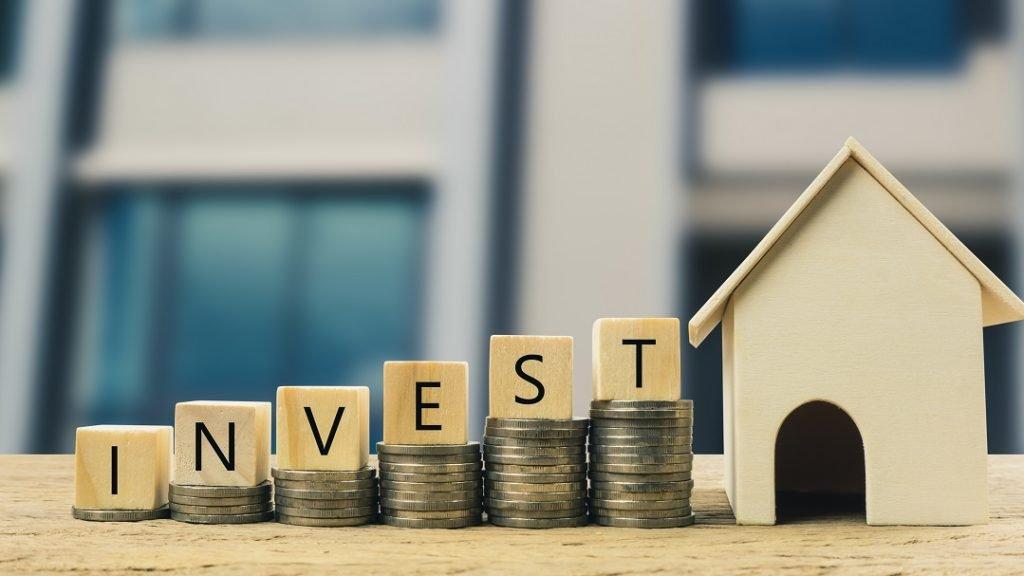- Nigeria Needs N20tr Investment to Drive Growth
Nigeria requires at least an investment of 20 per cent of the Gross Domestic Product (GDP) per annum, far above the investment level of 12.6 per cent of GDP this year, to drive growth. This translates to an investment of $55 billion, or N20 trillion, reflecting that the country would have to nearly double its current investment level.
These findings are contained in an economic paper recently released by PwC Nigeria, titled: Boosting Investments: Nigeria’s Path to Growth, which estimated the size of investment needed to drive growth. It was authored by PwC’s Partner & Chief Economist Dr. Andrew S Nevin, and its Senior Manager & Economist, Adedayo Akinbiyi.
To reach its conclusions, the paper conducted an extensive review of economic literature, and analysed a panel data of 13 emerging economies between 1991 and 2016. The analysis revealed that investment is the most fundamental driver of growth.
According to PwC, growth in Nigeria has been relatively strong at an average of 5.6 per cent per annum over the past decade. It however, said that this has been fuelled by the oil boom and population expansion, rather than investments.
Nigeria is projected to be third largest populated country in the world by 2050, with 399 million people. But PwC projected that Nigeria could emerge the 14th largest economy in the world by 2050, with GDP in Market Exchange Rate (MER) terms at $3.3 trillion.
“To deliver sustainable growth with per capita gains, Nigeria will need to aggressively boost domestic and foreign investments over the next decade,” the report, which was made available to The Nation, said.
The report observed that at moment, Nigeria’s investment rate ranks below peers. For instance, between 2007 and 2016, Nigeria’s investment share of GDP declined from 18.7 per cent to 12.6 per cent, reaching the lowest level in the past two decades.
“In comparison to peers, Nigeria’s investment rate lags the average of 23.3 per cent recorded for sub Saharan African countries, and 28.9 per cent for the BRICS (Brazil, Russia, India, China, and South Africa),” PwC said.
PwC Nigeria, which delivers quality in assurance, advisory and tax services, added that academic literature suggested a strong nexus exists between the level of investment and economic growth, citing China and India as examples of economies that have successfully attained investment-led growth.
The firm noted that the foreign exchange regime remained key to stimulating investment and restoring growth. It stated, for instance, that if Nigeria’s N2.2 trillion capital budget for 2017 is channeled towards investments, it would only meet 11 per cent of the estimated funding to bring investment as a share of GDP to 20 per cent.
The report said: “In Nigeria’s Economic Recovery and Growth Plan (ERGP), which aims to attain important infrastructure targets within the next three years, the government acknowledges its limits and emphasises the need for private investment to drive infrastructure development.
Our report, which examined the ERGP, identified two critical factors for unlocking private investment namely, improving the business environment, and having a sustainable foreign exchange regime.
“We note that the country has made some progress towards improving the business environment through several reforms, including a 60-day action plan implemented over the past six months.
“However, more needs to be done, in particular, with respect to paying taxes, getting access to electricity and other infrastructure, which are critical to bolster investment.”
While also noting that foreign exchange liquidity has improved in recent times as the Central Bank of Nigeria (CBN) allowed for more flexibility in the foreign exchange market, PwC however, argued that the existence of multiple exchange rates with significant variances posed a risk to investment.
“In our view, a market-determined exchange rate, where all rates are harmonised, is fundamental to boosting domestic and foreign investments,” the report emphasised.
In 2016, the economy slowed markedly, falling into a recession for the first time since 1991. Real GDP contracted 1.5%y/y, a reflection of the two-and-a-half year decline in export earnings, and fall in government’s revenues, which impacted consumer spending and investments.
Perhaps, the most evident impact of the sharp decline in the oil price was in the currency market, with the NGN/USD depreciating 35.4 per cent in the official market and 47 .3 per cent in the parallel market during the year.
Aside the depreciation of the currency, the illiquidity in the foreign exchange market impacted the business and investment environment, with Foreign Direct Investment (FDI) declining to an 11-year low, and a collapse in investment as a share of GDP to 12.6 per cent – the lowest level in the past two decades.


 Education4 weeks ago
Education4 weeks ago
 News3 weeks ago
News3 weeks ago
 Business3 weeks ago
Business3 weeks ago
 Technology3 weeks ago
Technology3 weeks ago
 Investment4 weeks ago
Investment4 weeks ago
 Investment3 weeks ago
Investment3 weeks ago
 Telecommunications4 weeks ago
Telecommunications4 weeks ago
 Banking Sector3 weeks ago
Banking Sector3 weeks ago





























